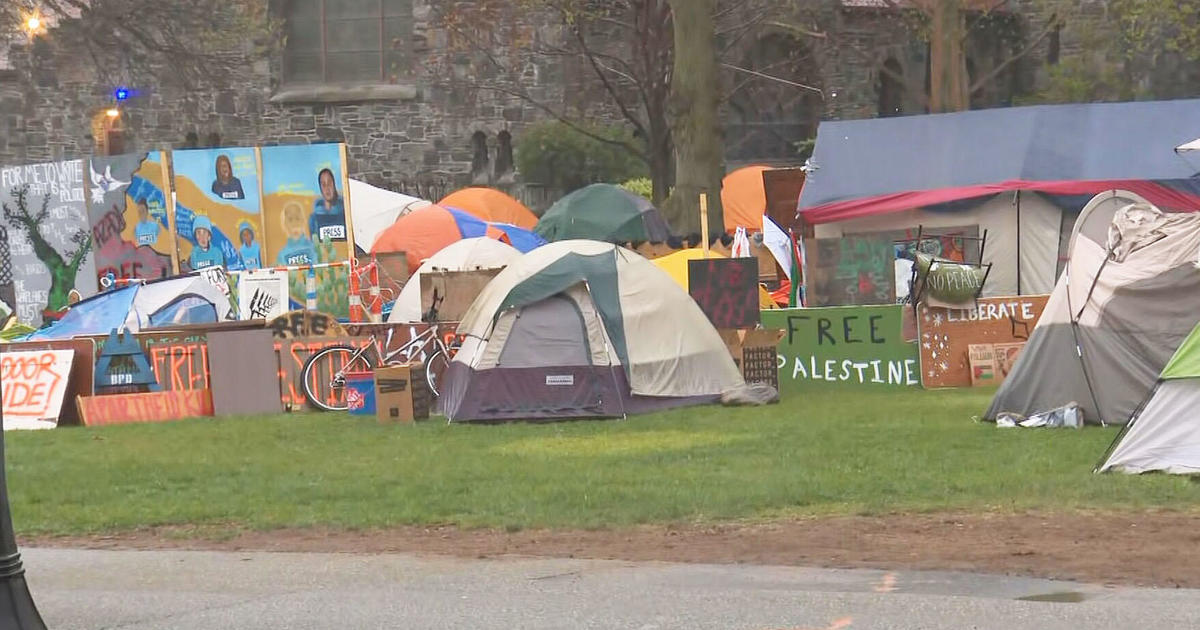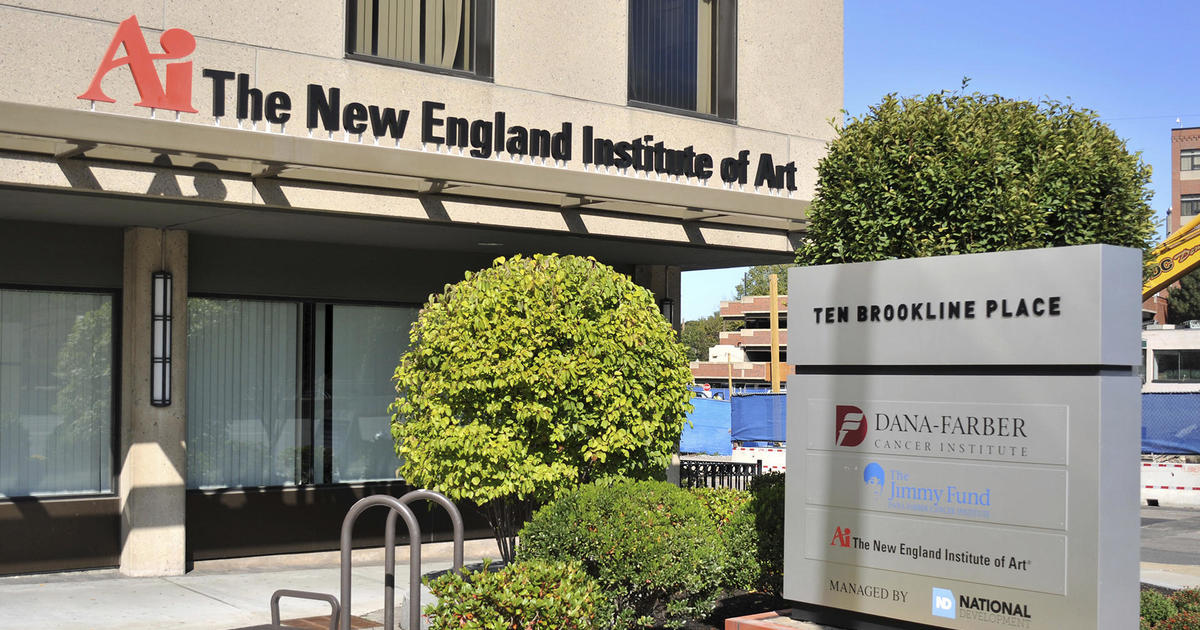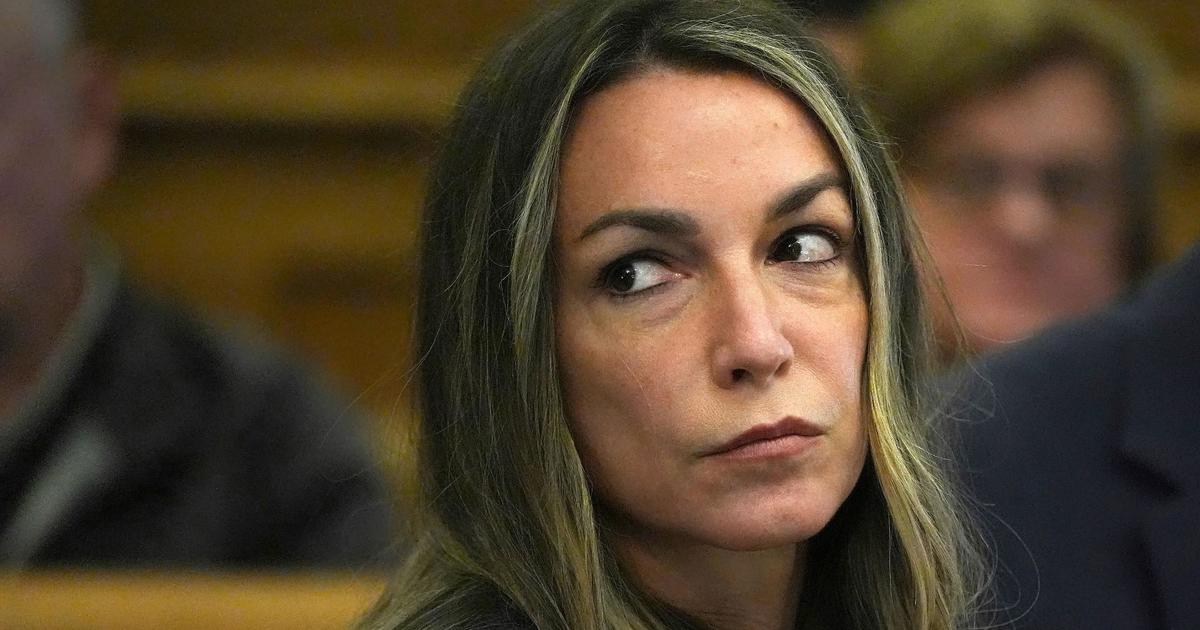The Johnson & Johnson COVID Vaccine: What To Know, And What's Next After The 'Pause'
BOSTON (CBS) -- The FDA and CDC on Tuesday called for a pause in administration of the Johnson & Johnson COVID-19 vaccine "out of an abundance of caution" to review "rare and severe" cases of blood clots. Here's what to know about the possible symptoms and what to do if you've received or scheduled a J&J shot.
How Rare Are These Blood Clots?
So far there are six reported blood clot cases, all in women between the ages of 18 and 48 who received the single-dose vaccine, out of more than 7.2 million total J&J vaccines administered. None of the cases were in Massachusetts, which has administered about 193,000 J&J shots.
What Do I Do If I've Already Received The J&J Vaccine?
From Dr. Mallika Marshall: "The symptoms to look out for would be those associated with other types of blood clots like pain or swelling in the lower part of the leg, shortness of breath or chest pain, severe abdominal pain, and severe headache. If you are within 3-4 weeks of getting the J&J vaccine and develop any of these symptoms, you should be seen right away. In fact, regardless of your vaccine status, if you develop any of these symptoms, as a rule, you should seek immediate attention."
How Are These Blood Clots Treated?
"These types of blood clots are treated differently than typical blood clots," Dr. Mallika says. "In fact, giving common blood thinners, like heparin, often used to treat common blood clots can make matters worse in these cases. So if you seek medical attention, let your doctors know that you recently received the J&J vaccine."
How Long Should I Monitor For Symptoms?
"All of the cases here in the U.S. developed within 6-13 days of getting the vaccine," Dr. Mallika says. "So if you are several weeks out or more from your vaccine, it is highly unlikely that you're going to develop this or any other rare complications."
What Should I Do If I'm Scheduled To Receive The J&J Vaccine In Massachusetts?
The Massachusetts Department of Public Health has told all providers in the state not to administer the J&J vaccine. Some sites are offering those with J&J appointments Pfizer or Moderna vaccines instead. Anyone who has scheduled a Johnson & Johnson vaccine appointment should reach out to the provider they booked with directly.
Will This Affect The U.S. Vaccine Rollout Plan?
From Brigham & Women's Hospital infectious disease specialist Dr. Paul Sax: "The good news is that we now have plenty of vaccines, which is really exciting. We have these two other extremely effective vaccines, the Pfizer vaccine and the Moderna vaccine. The production of those vaccines has ramped up substantially, so that by all estimates we are going to have sufficient vaccines, even with this pause on the J&J vaccine."
Why Did The CDC And FDA Call For A J&J Vaccine 'Pause'?
Acting FDA Director Dr. Janet Woodcock said Tuesday the pause "is important to ensure that the health care provider community is aware of the potential for these adverse events and can plan due to the unique treatment required with this type of blood clot."
How Long Could This 'Pause' Last?
The CDC indicated in an alert that J&J vaccinations could start up again as soon as Wednesday, CBS News reports. The agency's Advisory Committee On Immunization Practices will hold an emergency meeting Wednesday afternoon and is scheduled to vote on "updated recommendations for use" by 4:30 p.m.



